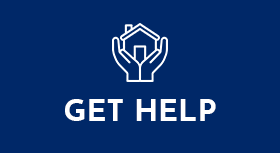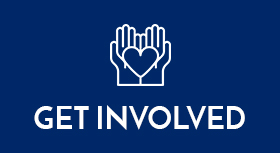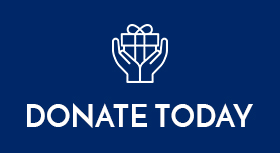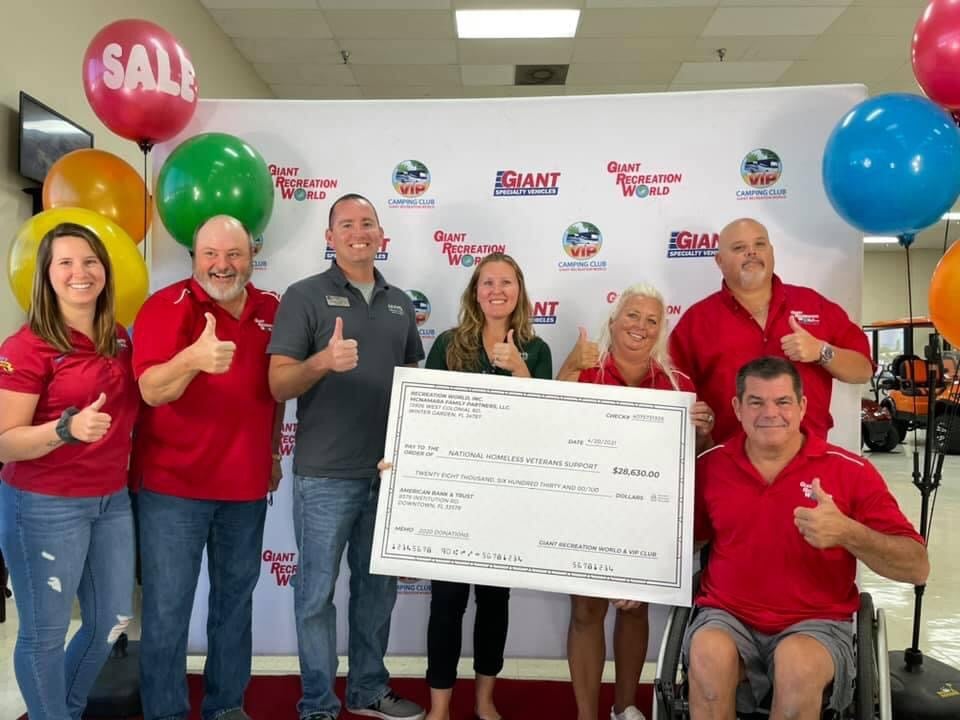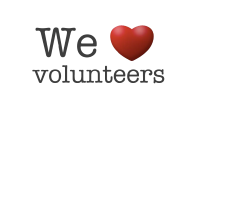Veterans Crisis Line: 24/7 Confidential Help When You Need It Most
When you’re in crisis, every second matters. Whether you’re a veteran struggling with PTSD, a family member concerned for a loved one, or a friend unsure how to help, there is support. The Veterans Crisis Line is a 24/7, confidential resource that connects veterans, service members, and their families to trained responders—many of whom are veterans.
Understanding when and how to access the Veterans Crisis Line is essential for those navigating a mental health emergency. This resource outlines the warning signs, how the Crisis Line operates, and how National Veterans Homeless Support (NVHS) provides follow-up support once a veteran is safe.
If you or someone you know needs immediate, confidential help, call 988 and press 1, text 838255, or visit veteranscrisisline.net.
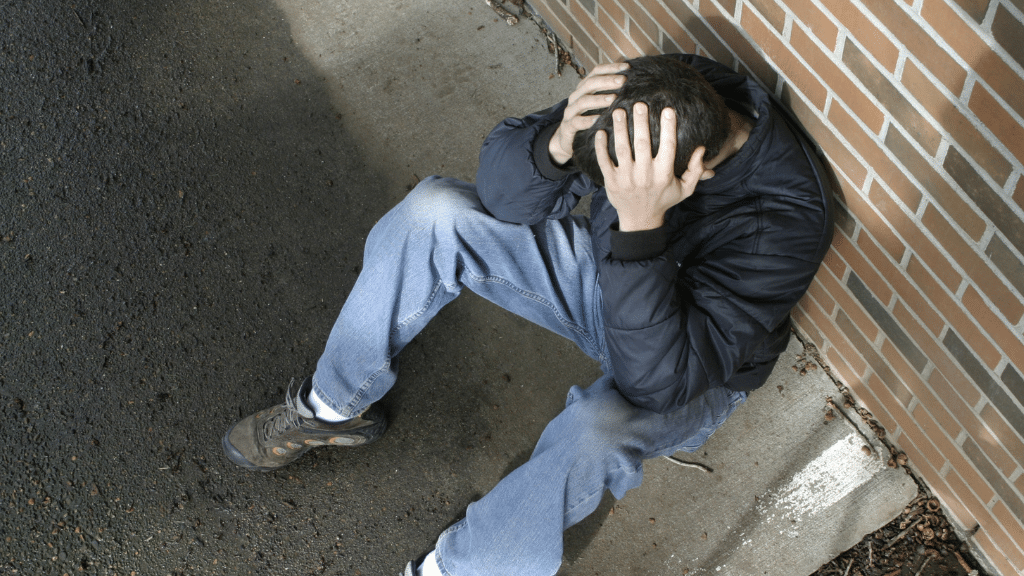
Recognizing the Warning Signs
Mental health struggles among veterans are more common than many realize. Whether you served in combat, experienced trauma during service, or are navigating the challenges of civilian life, it’s essential to know you’re not alone—and that help is available.
Here are common signs that a veteran might be in crisis:
- Talking about feeling hopeless or having no reason to live
- Expressing thoughts of self-harm or suicide
- Withdrawing from family, friends, or society
- Increased substance use
- Dramatic mood swings or outbursts
- Giving away possessions or saying goodbye
- Sleeping too much or too little
- Feeling overwhelming guilt, shame, or worthlessness
These signs might be subtle or come on suddenly. If something feels “off,” trust your instincts. Reaching out doesn’t require a diagnosis—only a desire for help.
You can contact us for guidance, support, and connections to the right resources. One call can be the first step toward stability and healing.
Immediate Help for Veterans Facing Mental Health Emergencies
Veterans experience unique challenges—transitioning to civilian life, managing PTSD or traumatic brain injuries, living with survivor’s guilt, or coping with physical disabilities and financial instability. These challenges, compounded by a sense of isolation, can lead to emotional overwhelm or thoughts of suicide.
The Veterans Crisis Line provides immediate, life-saving support tailored specifically for veterans. It offers real-time assistance from trained professionals who understand military culture and the emotional toll that comes with it.
Veteran-Specific Care, Available 24/7
Unlike traditional emergency hotlines, the Veterans Crisis Line is:
- Available 24/7: Support is available around the clock, day or night.
- Completely confidential: Your call or message won’t be shared with your command or recorded in your VA health file.
- Staffed by professionals who understand veterans: Many responders are veterans and bring real-world empathy and understanding.
- Open to family and friends: If you’re worried about someone you love, you can reach out on their behalf.
It’s a safe space to speak freely and get help, without judgment, stigma, or bureaucratic delays.
How to Reach the Veterans Crisis Line
There are multiple ways to access the Veterans Crisis Line, depending on your comfort and situation:
- Phone: Dial 988, then press 1
- Text: 838255
- Online Chat: Visit VeteransCrisisLine.net
No matter how you choose to connect, someone will answer right away. You’ll be met with compassion, understanding, and a commitment to helping you through the moment.
What to Expect When You Reach Out
You don’t need to prepare anything or explain your entire story. A responder will:
- Ask basic questions to understand what you’re going through
- Help you de-escalate the situation and explore the next steps
- Provide reassurance, coping strategies, and local resource suggestions
- Stay with you as long as needed
The responder takes their time, treats you with respect, and guides you through the next steps if you need additional support.
For Family & Friends: You Can Call Too
If you see a loved one struggling, you don’t have to wait for them to ask for help. The Veterans Crisis Line is for you, too. Whether you’re a spouse, friend, sibling, or caregiver, you can:
- Talk through your concerns with a trained responder
- Learn what to say—and what not to say—when talking to someone in crisis
- Get guidance on how to support the veteran in your life
- Connect them to services that can help, including NVHS
Don’t wait for a breaking point. If you’re worried, it’s okay to reach out. You may be the bridge that brings someone to safety.
Ongoing Support When the Emergency Ends
At National Veterans Homeless Support (NVHS), we know that crisis intervention is just the first step. Once veterans have made it through the hardest moments, they often need ongoing support to heal and rebuild their lives.
Our team is here to help with:
- Rapid Resource Referral: We connect veterans with local, state, and federal programs matching their needs and goals.

- Case Management: Our compassionate case managers walk alongside veterans, providing one-on-one support and advocacy.
- Housing and Homelessness Prevention: We help veterans find and maintain stable housing through emergency assistance, transitional housing, and landlord mediation.
- Basic Needs & Mental Health Resources: We ensure veterans’ access to food, hygiene items, and trusted mental health partners, including referrals to VA Vet Centers.
If you or someone you know has contacted the Veterans Crisis Line and is ready for the next step, reach out to NVHS. We’re here to help veterans transition from crisis to stability—without judgment and without delay.
Help Us Make a Difference
At NVHS, we walk alongside veterans every step of the way—especially when the path gets dark. Whether helping someone off the streets, connecting them to therapy, or preventing a crisis in the first place, our work depends on the support of people like you.
You can help by:
- Donating to fund outreach, housing, and mental health support
- Volunteering your time to support events or logistics
- Raising awareness on social media (Facebook, LinkedIn, X, and YouTube)
- Referring to a veteran you know who may be struggling
Together, we can build a community where no veteran is left behind. Support veterans in crisis and help bring hope back!
Frequently Asked Questions
Is the Veterans Crisis Line only for combat veterans?
No. The line is open to veterans, service members, National Guard or Reserve members, and loved ones.
Will my call be shared with the VA or my chain of command?
No. The service is confidential. Your information will not be shared unless there is an immediate risk to your life or someone else’s.
What if I’m not ready to talk?
You can text or chat online instead of calling. Use the method that feels safest and most comfortable for you.
Does NVHS provide therapy or clinical services?
We do not provide therapy directly but refer veterans to trusted mental health providers, including VA Vet Centers, and support them through the entire process.
Can I call the Veterans Crisis Line for someone else?
Yes. Family members, friends, and caregivers are encouraged to call if they are concerned about a veteran’s safety or mental health. The trained responders will guide you on how to support them.
What happens after I call the Veterans Crisis Line?
You’ll speak with a trained responder who understands military culture and crises. They’ll listen, assess your needs, and connect you with the appropriate support, including local resources if needed.
Is there a cost to use the Veterans Crisis Line?
No. The Veterans Crisis Line’s services are completely free, whether you call, text, or chat online.
What if I’ve already used the Crisis Line before? Can I call again?
Absolutely. The line is available 24/7, and you can reach out as often as needed. There’s no limit to how often you can use the service.

